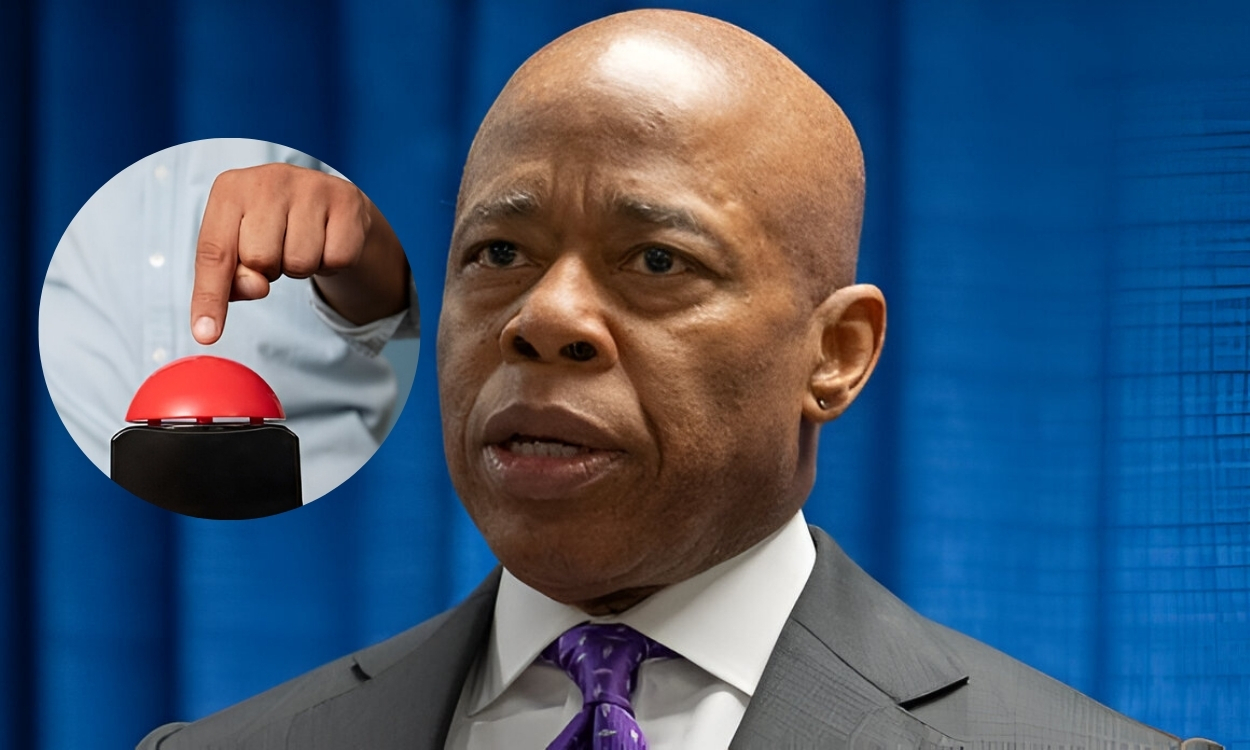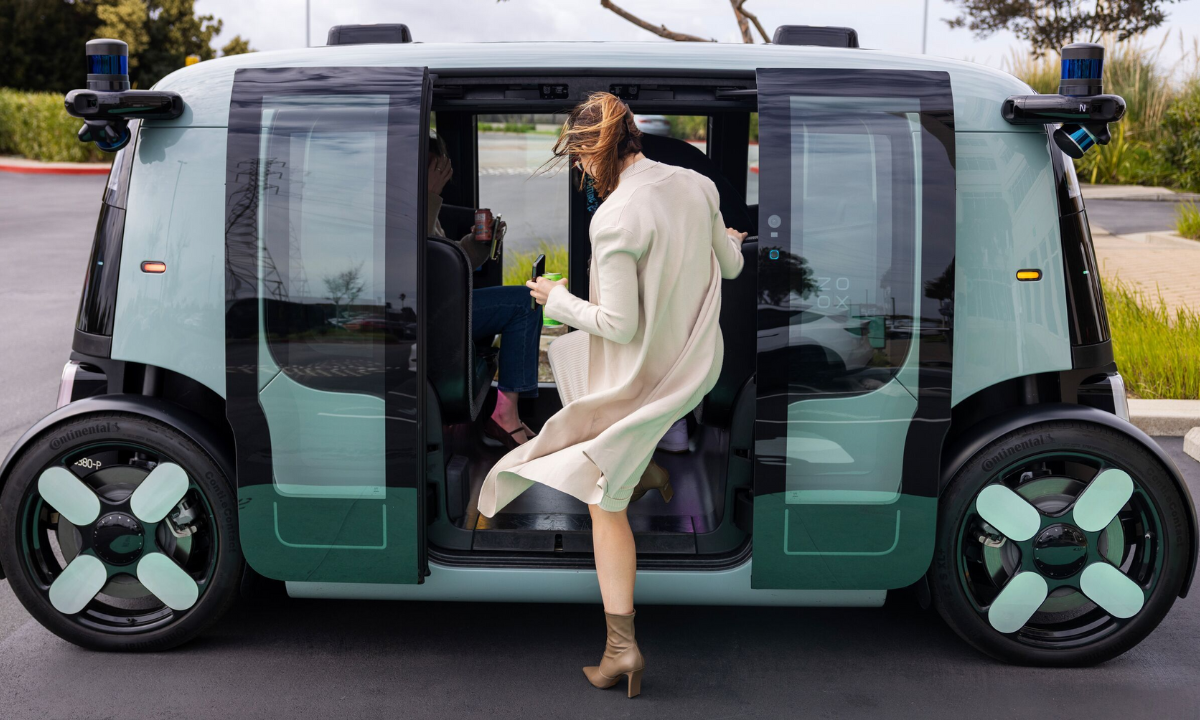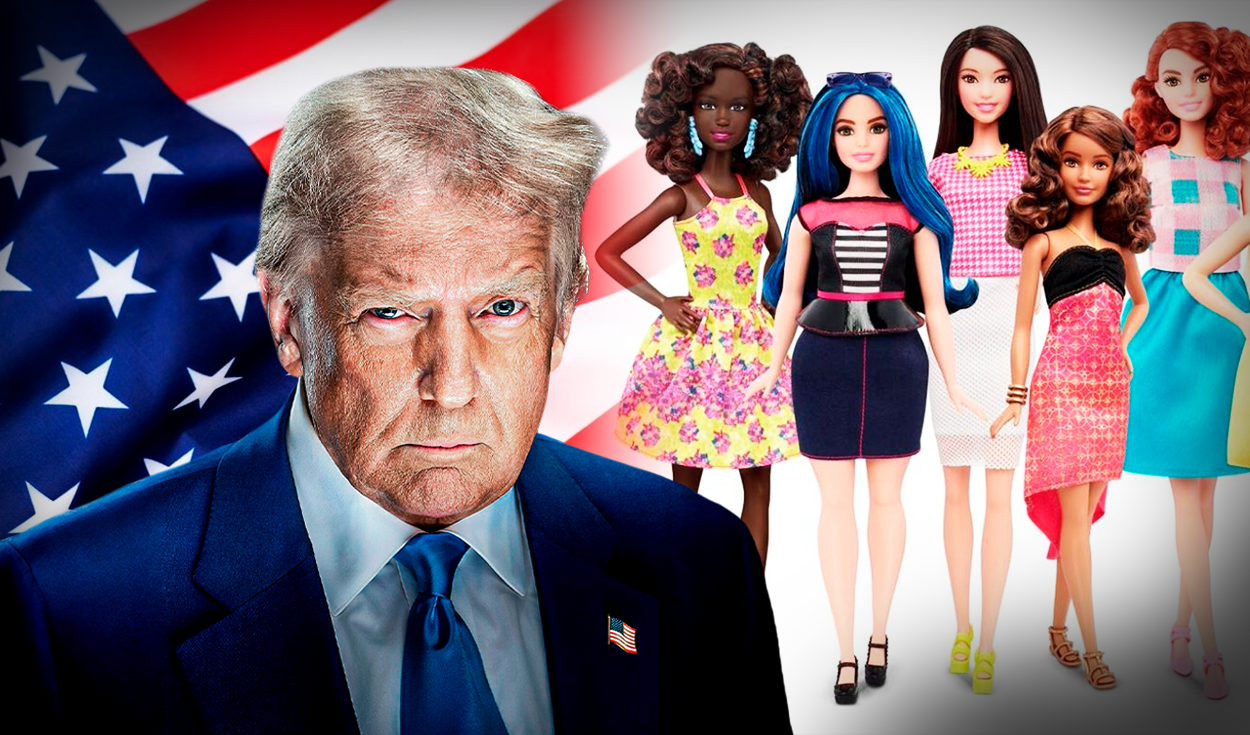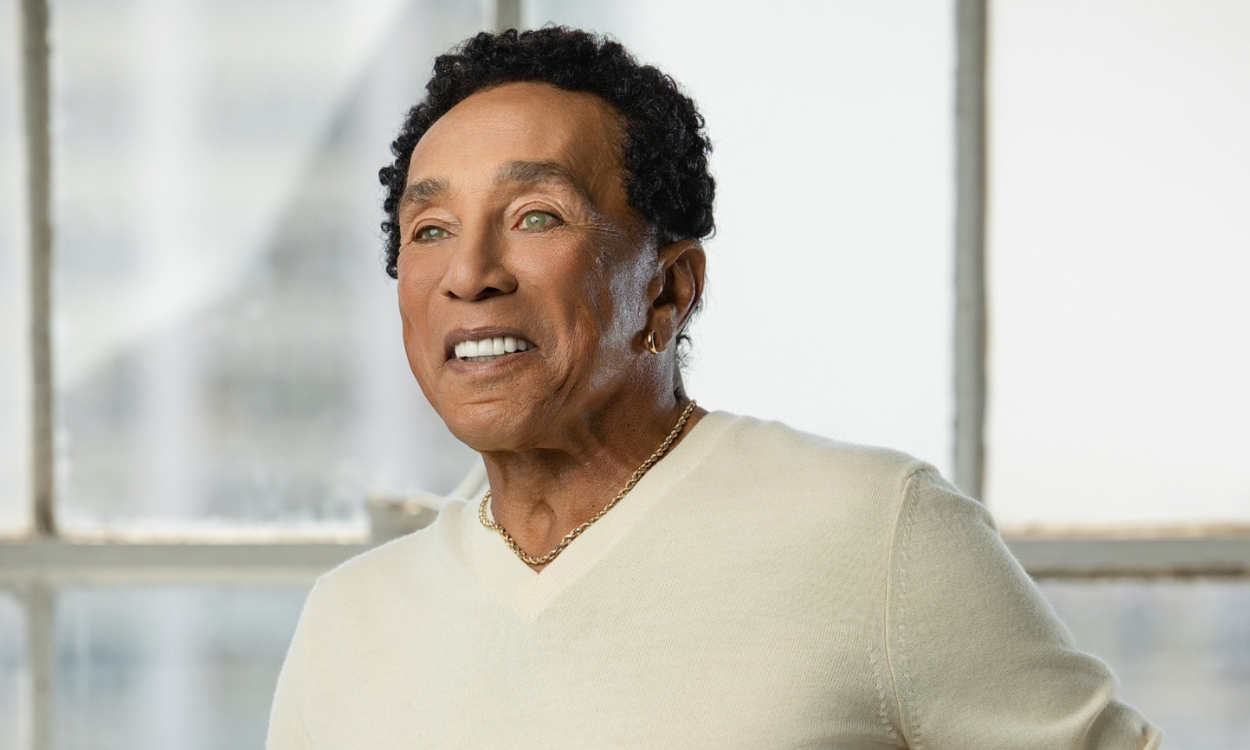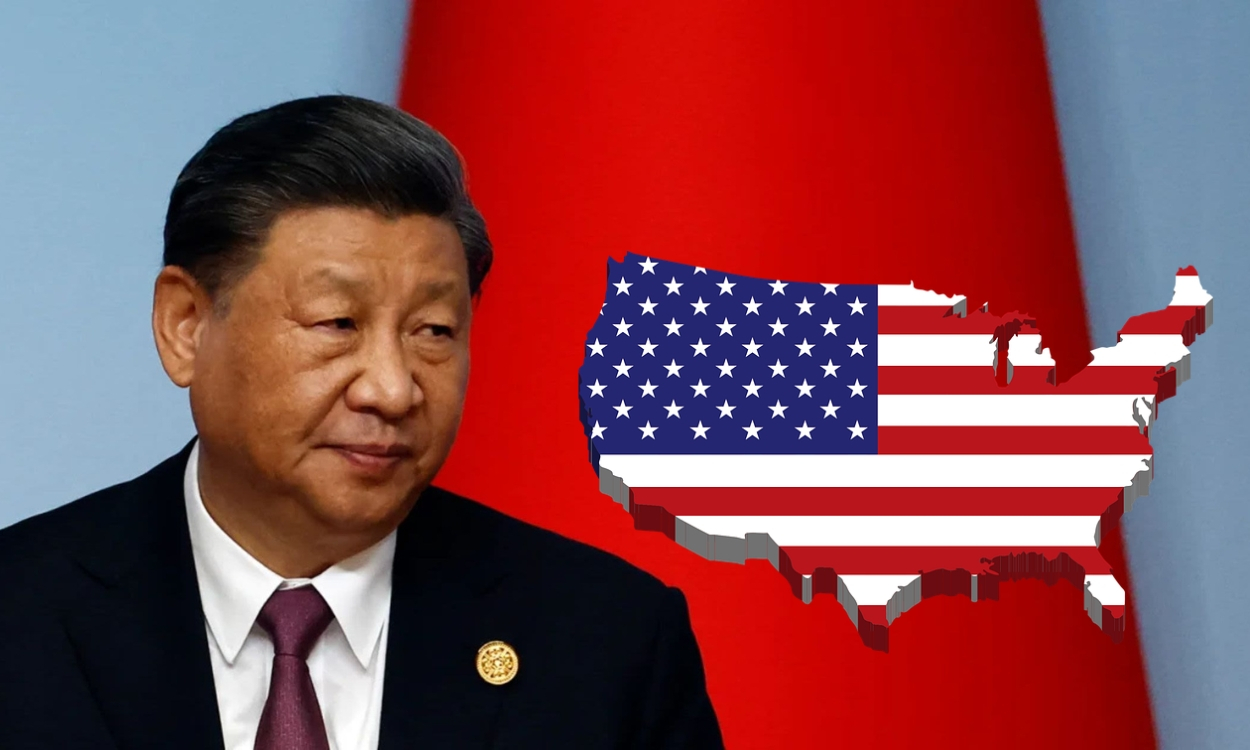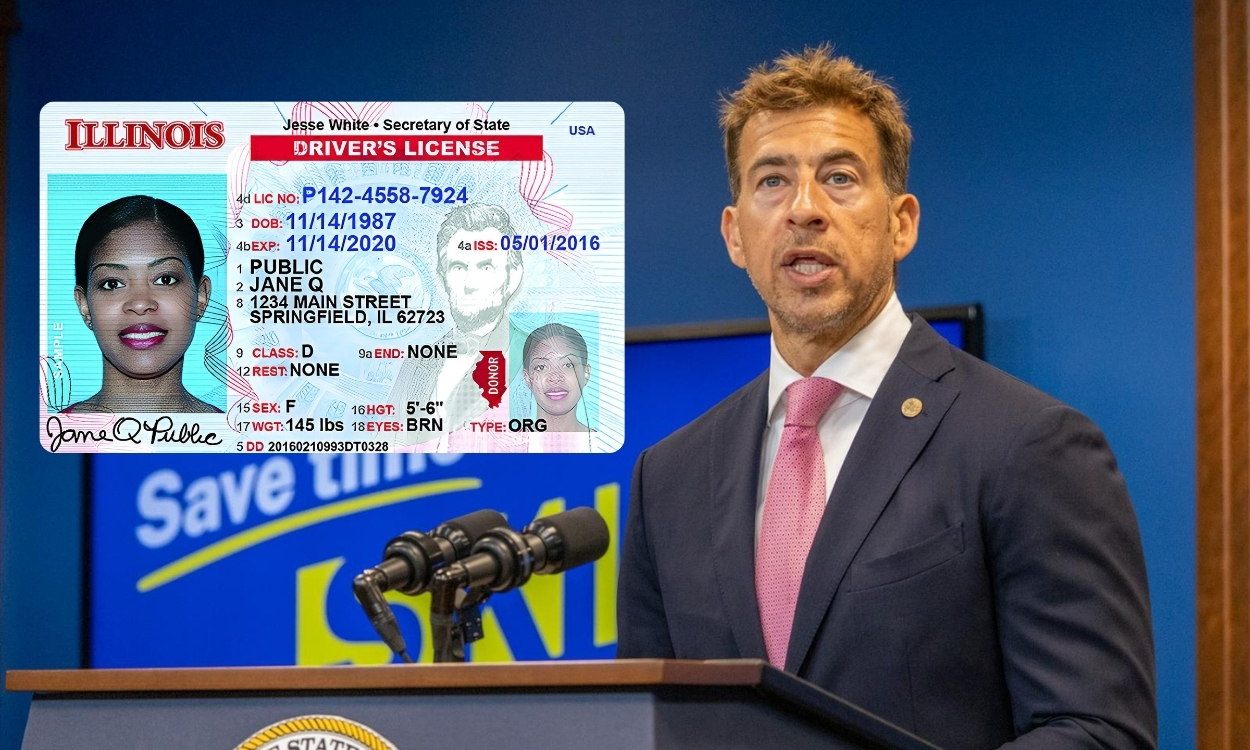Elon Musk asks why the US can't afford healthcare — Mark Cuban's 7 reasons and solution
Elon Musk argued why US citizens can't access to better health services, and Mark Cuban responded.
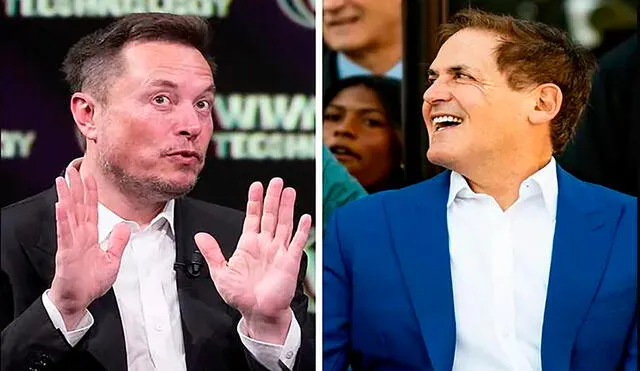
Billionaire Elon Musk recently asked why the United States cannot afford healthcare on X (formerly Twitter) and received a response by Mark Cuban. The billionaire businessman from Pennsylvania replied to Musk, as he also took the opportunity to critique the system and send a message to other CEOs such as himself.
Musk's initial question was “Shouldn’t the American people be getting their money’s worth?” to which Cuban responded in a separate tweet, sating that insurance companies have a major responsibility on the matter. Both billionaires have a history of back and forths about various issues, raging from politics to economy.
Mark Cuban's 7 reasons as to why US people can't afford healthcare
Cuban is known for advocating for solutions in regard to the US healthcare system. He has identified seven primary causes for the unmanageable prices citizens have to pay. In that sense, listed below are the 7 key factors Mark Cuban cites as problematic for the matter, as he directs his advice to insurance company's CEOs.
1. ‘Specialty Drugs’ are a pricing scam
According to Cuban, the biggest rip-offs in healthcare — so-called “specialty drugs” aren’t actually special. PBMs mark up its prices, which forces employers to pay additional costs. This is the standard, even though there are the same exact alternatives at a fraction of the cost.
2. The sickest employees are subsidizing the system
PBMs structure rebates in order to force the sickest and oldest employees to foot the highest prices, which leads to bigger co-pays, higher deductibles and worse health outcomes.
3. Companies don't own their own data
When businesses sign with big PBMs, they give up access to their own claims' data. This results in them not being able to see where their money is directed to. Having no data equals no power to negotiate a better deal.
4. The drugs employees get aren't companies' choice
PBMs actually have a say on which drugs employees access, instead of the companies paying the bill. This mostly means expensive medication will be prioritized over more efficient and cheaper alternatives.
5. Independent pharmacies are affected
PBM contracts reimburse independent pharmacies at rates lower than their true costs, which forces them out of business. Fewer pharmacies mean less competition. In this sense, prices elevate and there is also less access for consumers.
6. CEOs can't negotiate better deals
PBM contracts ban any type of direct negotiations with drug manufacturers, thus blocking companies from securing more accessible prices for employees.
7. Contracts silence insurance companies
As mentioned before, these contracts come with NDAs. This means that if a CEO wants to talk about the company’s PBM deal, they are not allowed to. This secrecy keeps businesses from exposing the healthcare system.
Note: For commercial health plans and self-insured employer plans, a pharmacy benefit manager (PBM) is a third-party administrator of prescription medication programs.
A solution for affordable healthcare?
Some of Mark Cuban's actions can be seen as an effort to actively upgrade the healthcare system. His business, Cost Plus Drugs, avoids PBMs and sells pharmaceuticals to customers directly. This is part of his proposal of getting rid of third-parties in the health industry.
Although Elon Musk's query was straightforward, Cuban's response might serve as a warning. His model might provide the much-needed fix the industry needs if it succeeds.



